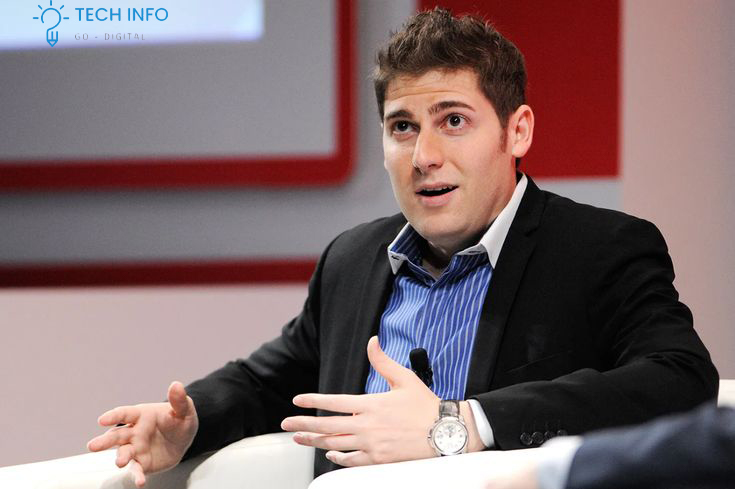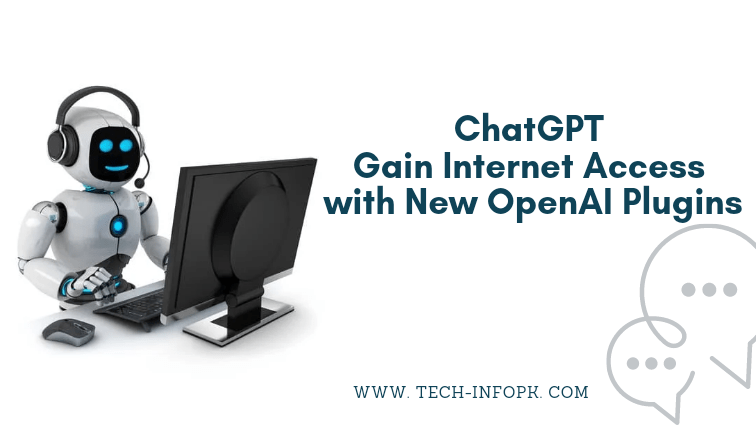Table of Contents
ToggleAI Agents Aren’t the ‘New Google,’ Says Airbnb CEO — And He Might Be Right”

Airbnb CEO
The tech world is abuzz with the rise of AI agents — smart assistants that can plan vacations, buy groceries, schedule appointments, or even write code. Many are calling them the “new Google”, claiming that traditional search engines may become obsolete as AI agents take over our digital lives.
But Brian Chesky, the CEO of Airbnb, isn’t buying into the hype — at least not yet.
In a recent statement, Chesky shared his thoughts on the AI agent boom and why he believes these tools may not be the existential threat to search engines people assume. He offers a more grounded erspective — one that urges caution, focus, and user experience over buzzwords and speculation.
Let’s unpack what he means — and why his take might be worth listening to.
The AI Agent Hype: “Google Killer” or Overhyped Trend?
Since the launch of ChatGPT, Gemini, Claude, and other advanced AI tools, the internet has seen a wave of predictions: “Search is dead,” “Google’s business is doomed,” or “AI agents will replace everything.”
The narrative goes something like this: why Google something when you can ask an AI agent to do the work for you — book flights, summarize articles, compare products, or find local services?
At first glance, this makes sense. AI agents can:
- Understand context.
- Hold conversations.
- Perform tasks across apps.
- Deliver results without ten blue links.
But Chesky is skeptical — not because he doubts the power of AI, but because he knows how people interact with platforms and how product design shapes behavior
Chesky’s View: Agents Can’t Replace Experience
Speaking at recent industry events and interviews, Chesky made a simple point: AI agents are only as useful as their integration with real-world services.
In his words, “They’re not a product by themselves. They are a feature.”
What he means is this:
- Users don’t just want information. They want experiences.
- Booking a home, planning a trip, or choosing a restaurant isn’t just about selecting the cheapest or fastest option — it’s about trust, photos, reviews, availability, and emotion. Airbnb CEO
- AI agents may be helpful, but they rely on platforms like Airbnb to provide the data, listings, inventory, and UX that make the final action possible.
In short, AI isn’t replacing platforms — it’s plugging into them.
Why the “New Google” Analogy Fails
There are several reasons Chesky (and many product leaders) believe AI agents aren’t yet the new Google:
1. Lack of Real-Time Data Access
Agents often don’t have live access to up-to-the-minute listings, prices, or stock inventory unless they’re fully integrated with platforms. Google Search, on the other hand, indexes millions of websites continuously.
2. Trust and Accountability
When you Google something, you can evaluate multiple sources. With an AI agent, you get a single answer. But who guarantees that answer is accurate, unbiased, or up-to-date?
3. Brand Relationships Matter
Users trust platforms like Airbnb not just for data, but for customer service, user reviews, refund policies, and curation. AI agents can’t recreate that level of trust infrastructure — they can only interface with it.
Airbnb’s AI Plans: Augmentation, Not Replacement
Interestingly, Chesky isn’t anti-AI at all. In fact, Airbnb is investing heavily in AI — but not as a standalone “agent.” Instead, it’s being used to:
- Personalize the travel experience
- Streamline customer service
- Improve recommendations
- Assist with trip planning and dynamic pricing
Chesky envisions a future where Airbnb includes intelligent agents within the platform, but they act more like co-pilots than replacements. Think of it as a concierge who understands your style, preferences, and travel history — not just a robot who Googles stuff for you.
This approach aligns with how people want to use AI: not to remove platforms, but to make them smarter, more responsive, and easier to use.
The Real Challenge for AI Agents
If AI agents want to become more than clever toys or chatbots, they face several big challenges:
🔸 1. Interface Limitations
Talking to a bot can be helpful — but browsing, comparing, scrolling, and filtering visually still matter. Agents are limited when users want to explore options, not just receive answers.
🔸 2. Complex Decision-Making
Real-world decisions — like choosing a vacation rental — involve complex, subjective trade-offs. AI agents can’t always understand nuance, emotion, or what “feels right.”
🔸 3. Platform Resistance
Big platforms (Airbnb, Amazon, Booking.com) don’t want to give up control of the user experience to outside AI agents. Many will limit access to inventory and APIs to keep users on-platform.
This creates a fragmented environment where AI agents can’t fulfill the promise of being “one app to rule them all.”
What Does This Mean for the Future of Search?
AI agents will change how we search, shop, plan, and learn. That much is true.
But instead of destroying Google, they may co-exist with it — or even be integrated into it (as we already see with Google’s AI Overviews). Rather than replacing Airbnb, they’ll work within it to enhance the experience.
The future isn’t “AI replaces everything.” It’s AI is embedded in everything — from travel apps to e-commerce to customer support.
And that future is more useful, more human-centered, and more sustainable than one dominated by a single AI assistant.
Final Thoughts: Why Chesky’s Perspective Matters
In a tech industry prone to hype and bold predictions, Brian Chesky’s take is refreshingly grounded. He’s not dismissing the power of AI — he’s just reminding us that:
“Technology needs to serve people. Not replace platforms people trust.”
That philosophy is likely to win out. Users don’t care about how “smart” a system is if it doesn’t help them feel safe, confident, and happy in their experience. Airbnb CEO
So, while the AI agent revolution may be real — it’s not the end of Google. And it’s certainly not the end of platforms like Airbnb. It’s a shift in how we interact with the digital world — and how that world learns to understand us better. Airbnb CEO
In that evolution, thoughtful leaders like Chesky may guide the future just as much as the algorithms themselves.In a tech industry prone to hype and bold predictions, Brian Chesky’s take is refreshingly grounded. He’s not dismissing the power of AI — he’s just reminding us that:
“Technology needs to serve people. Not replace platforms people trust.”
That philosophy is likely to win out. Users don’t care about how “smart” a system is if it doesn’t help them feel safe, confident, and happy in their experience.
So, while the AI agent revolution may be real — it’s not the end of Google. And it’s certainly not the end of platforms like Airbnb. It’s a shift in how we interact with the digital world — and how that world learns to understand us better.
In that evolution, thoughtful leaders like Chesky may guide the future just as much as the algorithms themselves. In a tech industry prone to hype and bold predictions, Brian Chesky’s take is refreshingly grounded. He’s not dismissing the power of AI — he’s just reminding us that:
“Technology needs to serve people. Not replace platforms people trust.”
That philosophy is likely to win out. Users don’t care about how “smart” a system is if it doesn’t help them feel safe, confident, and happy in their experience.
So, while the AI agent revolution may be real — it’s not the end of Google. And it’s certainly not the end of platforms like Airbnb. It’s a shift in how we interact with the digital world — and how that world learns to understand us better.
In that evolution, thoughtful leaders like Chesky may guide the future just as much as the algorithms themselves.





